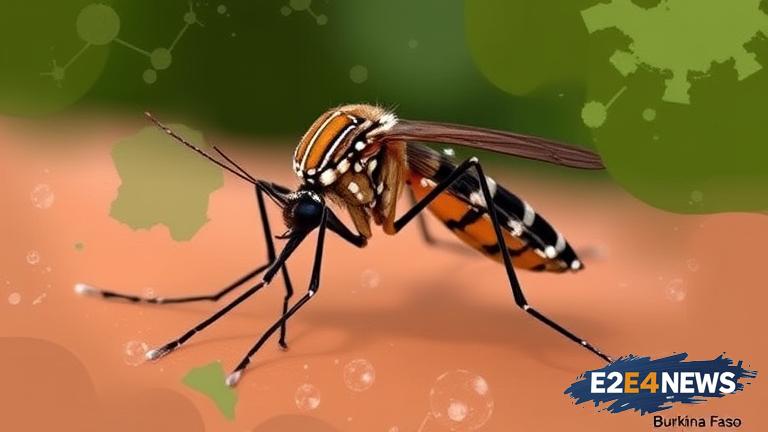The decision to halt the project comes after a series of protests and criticisms from local communities, environmental groups, and some scientists. The project, which aimed to release genetically modified mosquitoes to combat malaria, had been met with skepticism and concern from the outset. Many had questioned the safety and efficacy of the technology, as well as the potential long-term consequences of releasing genetically modified organisms into the environment. Despite assurances from the project’s proponents that the mosquitoes were safe and would not pose a risk to human health, many remained unconvinced. The government’s decision to halt the project is seen as a victory for those who had been campaigning against it. The project had been funded by the Bill and Melinda Gates Foundation and had been implemented in partnership with a number of international organizations. However, the lack of transparency and consultation with local communities had been a major point of contention. Many had felt that the project had been imposed upon them without their consent or input, and that their concerns had been ignored. The use of genetically modified mosquitoes to combat malaria is a highly controversial topic, with some arguing that it is a necessary step to combat the disease, while others argue that it poses unacceptable risks to human health and the environment. The World Health Organization has endorsed the use of genetically modified mosquitoes as a potential tool in the fight against malaria, but many scientists and environmental groups remain skeptical. The halt to the project in Burkina Faso is likely to have significant implications for the use of genetically modified mosquitoes in other parts of the world. It highlights the need for greater transparency, consultation, and caution when it comes to the use of this technology. The government of Burkina Faso has stated that it will conduct a thorough review of the project and its potential risks before making any further decisions. This review will be welcomed by those who had been campaigning against the project, and will provide an opportunity for a more nuanced and informed discussion about the use of genetically modified mosquitoes. The controversy surrounding the project has also highlighted the need for greater investment in traditional methods of malaria control, such as bed nets and insecticide spraying. These methods have been proven to be effective and safe, and are widely supported by local communities. The use of genetically modified mosquitoes is just one of a number of new technologies that are being developed to combat malaria. Other approaches, such as the use of drones and artificial intelligence, are also being explored. However, these technologies must be subject to rigorous testing and evaluation before they are deployed, and must be used in a way that is transparent, accountable, and respectful of local communities. The decision to halt the project in Burkina Faso is a significant step in the right direction, and highlights the importance of prioritizing caution, transparency, and community engagement when it comes to the use of new technologies. It is likely to have significant implications for the use of genetically modified mosquitoes in other parts of the world, and will be closely watched by scientists, environmental groups, and local communities. The government of Burkina Faso has made it clear that it is committed to finding effective and safe solutions to the problem of malaria, and is willing to take a cautious and evidence-based approach to the use of new technologies. This approach is likely to be welcomed by many, and will provide an opportunity for a more nuanced and informed discussion about the use of genetically modified mosquitoes and other new technologies in the fight against malaria.
